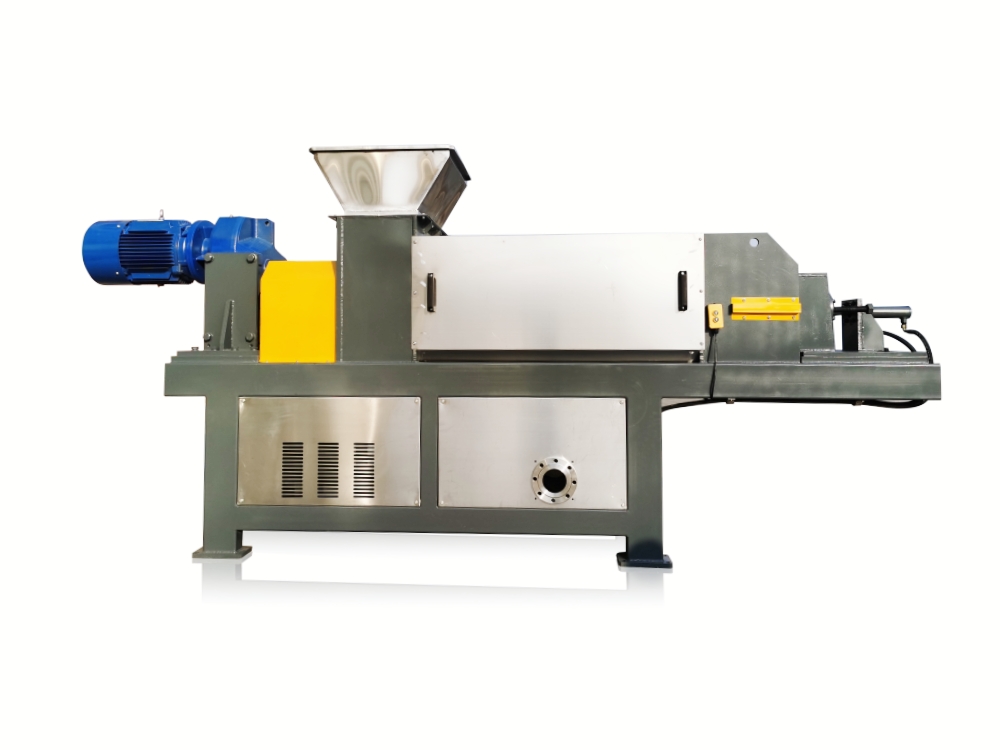
Introduction:
Waste vegetable dehydrator machines have emerged as innovative solutions in various industrial sectors, offering sustainable methods for managing vegetable waste. These machines efficiently remove moisture from vegetable scraps, creating valuable by-products that find applications in diverse industries. In this article, we explore the industrial applications of waste vegetable dehydrator machines and their positive impact on waste reduction and resource utilization.
Food Processing Industry:
One of the primary applications of waste vegetable dehydrator machines is in the food processing industry. These machines effectively dehydrate vegetable waste generated during food production processes. The resulting dehydrated vegetables can be used as ingredients in soups, sauces, and snacks, contributing to the reduction of food waste and the creation of value-added products.
Animal Feed Production:
Dehydrated vegetable waste serves as an excellent ingredient in animal feed production. The dehydrated material retains nutritional value, providing a sustainable and cost-effective source of feed for livestock. Waste vegetable dehydrator machines play a crucial role in converting vegetable scraps into high-quality animal feed, promoting circular economy practices in agriculture.
Organic Fertilizer Production:
Vegetable waste, when dehydrated, can be transformed into nutrient-rich organic fertilizers. Waste vegetable dehydrator machines contribute to the production of eco-friendly fertilizers that enhance soil fertility and promote sustainable agriculture. This application aligns with the growing demand for organic and environmentally friendly farming practices.
Biogas Generation:
In the renewable energy sector, waste vegetable dehydrator machines play a role in biogas production. Dehydrated vegetable waste serves as a feedstock for anaerobic digestion, producing biogas that can be utilized for electricity generation or as a clean cooking fuel. This dual benefit addresses waste management challenges while supporting the transition to sustainable energy sources.
Textile Industry:
Surprisingly, dehydrated vegetable waste can find applications in the textile industry. Some innovative processes involve using dehydrated vegetable fibers as natural additives in textile production. This not only reduces the environmental impact of textile manufacturing but also creates a market for sustainable and bio-based materials.
Conclusion:
Waste vegetable dehydrator machines have proven to be versatile tools with a range of industrial applications. From food processing to renewable energy generation, these machines contribute to sustainable practices by efficiently managing vegetable waste. As industries continue to seek eco-friendly solutions, waste vegetable dehydrator machines stand out as valuable assets in the journey towards a circular economy and responsible resource utilization.

 TEL:+86 15336363999
TEL:+86 15336363999
 WeChat:gongchris1111
WeChat:gongchris1111
 ADD:Fangzi District, Weifang City, Shandong Province, China
ADD:Fangzi District, Weifang City, Shandong Province, China